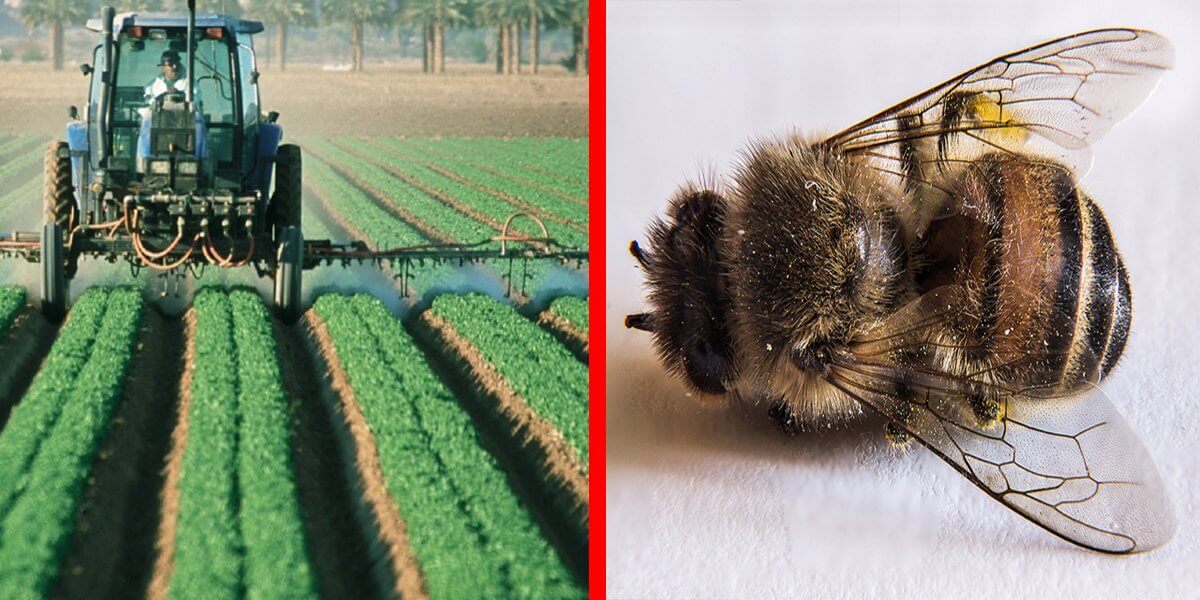History has been made. On 27 April 2018, the European Union voted to ban the most widely used class of pesticides in the world from being sprayed on fields. By the end of 2018, neonicotinoids will be tolerated only in closed greenhouses.
In February 2018, a report by the European Union’s scientific risk assessors (Efsa) concluded that the pesticides contaminate soil and water and, therefore, make their way to wildflowers and succeeding crops. Because of that, they pose a “high risk” to honeybees as well as wild bees.
Vytenis Andriukaitis, the European commissioner for Health and Food Safety, stated:
“The commission had proposed these measures months ago, on the basis of the scientific advice from Efsa. Bee health remains of paramount importance for me since it concerns biodiversity, food production, and the environment.”
According to The Guardian, the ban on the three main neonicotinoids (referred to as “neonics’ too) has widespread public support. Nearly five million people signed the petition from campaign group Avaaz to prevent the toxic pesticides from being sprayed.
“Banning these toxic pesticides is a beacon of hope for bees,” said Antonia Staats at Avaaz. “Finally, our governments are listening to their citizens, the scientific evidence and farmers who know that bees can’t live with these chemicals and we can’t live without bees.”
Pesticide manufacturers and several farming groups claim that the EU is “overly cautious.” As a result of the ban, they add, crop yields could fall. As Guy Smith, NFU deputy president said:
“The pest problems that neonicotinoids helped farmers tackle have not gone away. There is a real risk that these restrictions will do nothing measurable to improve bee health while compromising the effectiveness of crop protection."
In spite of vehement opposition, members still voted to approve the ban, as neonics are well-known to cause a lot of harm to individual bees. Without bees, the world will lose hope of nourishing its growing population.
















COMMENTS